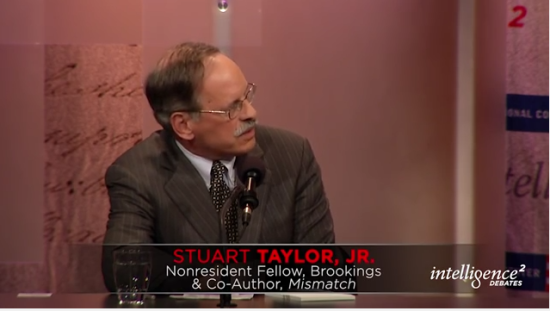We Must Face Persistent Racial Gaps in Academic Performance
by
In covering the most highly publicized “affirmative action” lawsuit in decades – against Harvard University — the news media are continuing their pattern of averting their eyes from stubborn facts that cut against their ideological preferences. In recent trial testimony, Harvard and other selective schools claim that the only way they can maintain adequate racial diversity is to use large racial preferences to admit a great many more black (and brown) students than would otherwise get in based on their academic performance. A person of ordinary curiosity might wonder: Why is that? Just what is the state of black academic […]

